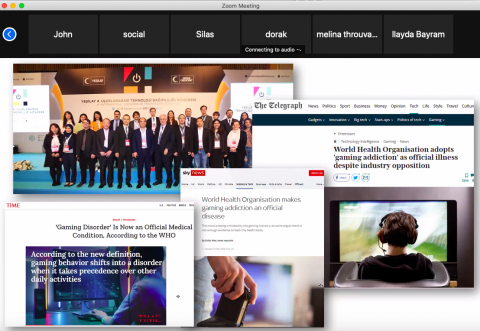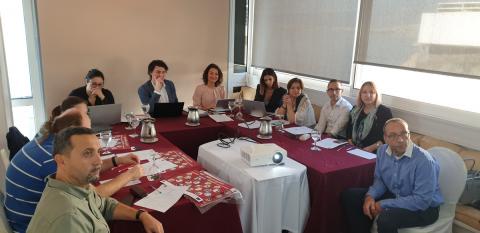Even if youngsters are not addicted, recent European research analysis shows that it is not always or not only the time spent online that makes internet use problematic and ‘excessive’, but the impact of internet use on what might be called a ‘balanced life’.
- Excessive online exposure may affect physical health (i.e., a sedentary lifestyle can be a prime risk factor for kids’ obesity).
- Frequent multitasking due to digital lifestyle could affect their ability to stay focused, leading to poor school or academic performance.
- The constant feeling of being online negatively impacts their emotional well-being (i.e., a cause of anxiety to youngsters, a behaviour coined “FOMO” (the “fear of missing out”) that may lead to poor sleep quality, anxiety, and/or even depression.
- Problematic media use may also be related to lower empathy and social well-being or abstention from physical and offline social interactions.
Recommendations call for empowering tools for children, teachers and parents providing more information, mediation, increased attention, and methodology on how they can mediate youngster’s excessive online use and perceptions of causes that trigger the establishment and maintenance of excessive internet use as well as its consequences that affect well-being and “balanced life” stirred by constant online engagement.
Target Groups
- Teachers, who will be able to exchange opinions and experiences with colleagues from other countries with different educational systems.
- Students (12-14 years old), who will identify hidden messages behind constant online engagement and will be challenged through an AR game approach to adopt a balanced approach between online and offline interactions and activities.
- Parents who will participate in the AR game by playing and testing it and who will help children along with the teachers to develop a deeper understanding of how excessive Internet use may affect their physical health, emotional well-being, academic, familial and/or social life.
- Internet addiction researchers and youth coaches, who may value the provided approach and tools as supporting instruments in various educational or other social empowerment settings.




